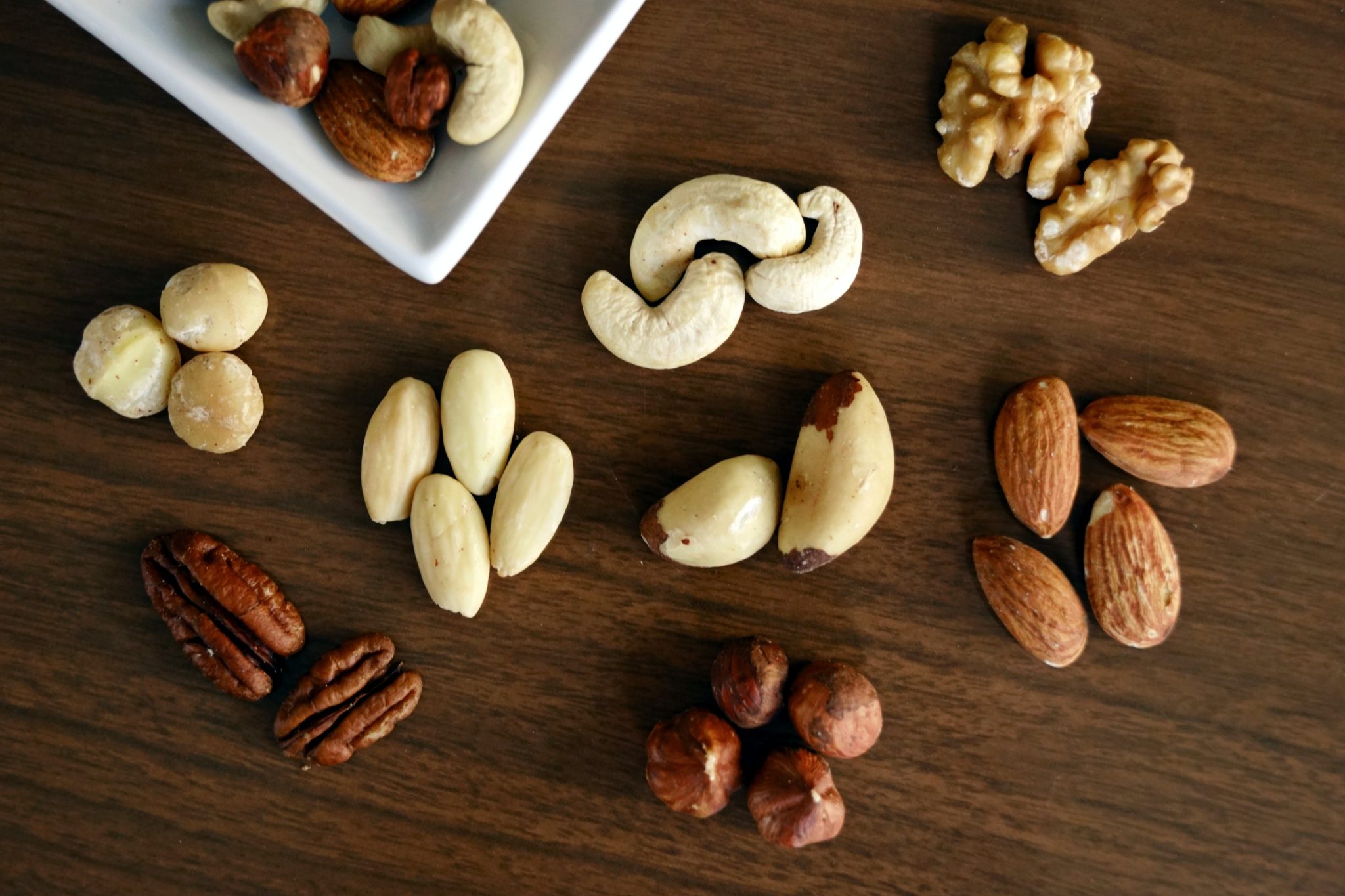Navigating the golden years should be enriching, especially when maintaining healthy aging through proper senior nutrition. However, achieving the right balance in an elderly diet is often thwarted by persistent dietary misconceptions that can blur the lines between fact and fiction.
The Impact of Aging on Dietary Needs
As we age, our bodies undergo various changes that necessitate adjustments to their dietary needs. Focusing on consuming nutrient-rich foods becomes crucial to maintain a healthy mind and immune system. Sadly, many older adults fail to meet the recommended daily intake of fruits and vegetables, compromising their ability to fight off illnesses and cognitive decline. Additionally, managing chronic conditions often requires a specialized diet to control symptoms and prevent further health complications.
With the prevalence of senior isolation, especially during extraordinary situations like the COVID-19 pandemic, the challenge of adhering to healthy eating habits is even more pronounced. This isolation can significantly decrease proper nutrition, as fresh produce intake tends to diminish without the social component of shared meals. Hence, the assistance of medical professionals and dietitians becomes indispensable in ensuring that the aging dietary needs are adequately met.
- Emphasizing the consumption of vegetables, fruits, whole grains, lean proteins, and healthy fats.
- Encouraging smaller, more frequent meals to stimulate appetite and improve digestion.
- Addressing micronutrient deficiencies commonly found in older adults, such as Vitamin D, Calcium, and B Vitamins.
- Including foods that are nutritious and easy to eat, considering potential issues with chewing or swallowing.
- Considering dietary changes necessary for specific health conditions like diabetes, hypertension, or heart disease.
All told, acknowledging and adapting to the evolving nutritional requirements is critical for the well-being of seniors, reinforcing the significance of a balanced diet rich in vitamins and minerals.
Debunking the Myth: Seniors and Meal Frequency
Shattering the myths surrounding the eating patterns of older adults begins with a refined understanding of meal frequency and its impact on their health. As metabolism shifts with age, so do the patterns of caloric needs. Let’s explore how these needs can be met flexibly and why incorporating convenient, healthy eating options, like pre-packaged meals and mindful snacking, can support the nutrition goals of seniors.
Understanding Caloric Needs in Later Years
Nutritional requirements for seniors are highly personalized and affected by factors such as activity level, health status, and metabolic changes. Finding the right balance in meal frequency to suit one’s lifestyle can significantly influence overall health.
Convenience Meals vs. Traditional Cooking for Seniors
- Investigating convenient meal solutions that accommodate seniors’ changing appetites and abilities without compromising nutrition.
- Assessing the benefits of ready-to-eat meals for those who find full-scale cooking daunting.
- Evaluating the importance of accessibility to healthy, nutrient-dense convenience foods in fostering an independent lifestyle for elderly individuals.
The Role of Snacking in Senior Diets
Snacking can serve as more than just a means to satiate momentary hunger; it stands as a pillar for maintaining a steady intake of nutrients throughout the day. Ingenious snacking that focuses on senior snacking habits can ensure older adults receive adequate nourishment without the burden of large, infrequent meals. Below, we outline key considerations for integrating snacking effectively into a senior’s diet.
- Determining healthy snack options that cater to seniors’ preferences and dietary needs.
- How can the strategic inclusion of snacks into a senior’s diet facilitate better management of energy levels and prevent overeating during main meals?
- The psychological and social advantages of snacking for seniors foster a sense of autonomy and enjoyment in their daily routines.
Nutrition Myths and Misconceptions Around Hydration
It’s essential to clarify the facts about senior hydration and the benefits that water-rich foods bring. Food and drink contribute to our overall fluid balance. Yet, how we can adequately meet our hydration needs as we age is often misunderstood.
Water vs. Water-Rich Foods for Hydration
Educational efforts typically focus on the importance of drinking water, but what’s less often discussed is water-rich foods’ role in maintaining hydration. Seniors can leverage the hydration benefits of fruits and vegetables such as cucumbers, tomatoes, watermelons, and strawberries, each immensely rich in water content. These foods contribute to overall fluid intake and provide valuable vitamins and minerals that support overall health.
The Misunderstood Guidelines of Fluid Intake
General guidelines frequently tout a daily fluid intake target, commonly “eight 8-ounce glasses of water,” that fails to consider individual needs. It’s important to personalize daily fluid intake for seniors, recognizing that factors like body composition, activity levels, and overall health influence how much hydration is required. While it may be less effective with age, the thirst mechanism remains a relevant signal that should guide fluid consumption, supplemented by a mindful inclusion of hydrating foods and beverages in one’s diet.
- Understand your individual hydration needs rather than strictly adhering to generic guidelines.
- Integrate a colorful array of water-rich fruits and vegetables into daily meals.
- Monitor for signs of dehydration, such as dry mouth or fatigue, and adjust fluid intake accordingly.
The Truth About Supplements in Senior Nutrition
While dietary supplements are often touted for their convenience and targeted nutrients, they are not a panacea for seniors’ nutritional challenges. Nutritionists and health professionals emphasize the benefits of obtaining essential vitamins and minerals through a diet rich in whole foods. A diverse intake of fruits, vegetables, whole grains, and lean proteins provides a symphony of food-based nutrients that work harmoniously within the body, unlike the isolated notes played by supplements.
Dietary supplements can support older adults experiencing difficulty accessing a variety of foods or those with specific health conditions requiring a boost in certain nutrients. However, this must be done in consultation with a healthcare provider. If necessary, mapping out a nutritional plan that includes supplements can ensure that seniors aren’t missing out on key elements needed for their health.
- Vitamins and minerals are most potent when coming from fresh, natural sources.
- Whole foods provide additional benefits, such as fiber and phytochemicals not found in supplements.
- Supplements may be beneficial to fill specific nutrient gaps but are not a substitute for a varied diet.
- Consulting with a healthcare professional is crucial before starting any supplement regimen.
Reevaluating Low-Sodium and Low-Fat Diets for the Elderly
Navigating dietary recommendations can be particularly challenging for seniors, as their nutritional needs differ from those of the younger population. It is essential to consider the impact of low-sodium and low-fat diets on senior health conditions and understand the importance of moderation in nutrition.
When a Low-Sodium Diet May Be Necessary
Certain health scenarios warrant a closer look at sodium intake among elderly individuals. A low-sodium diet is primarily recommended for those managing conditions like hypertension, chronic kidney disease, or heart failure. However, a one-size-fits-all approach to sodium restriction may not be beneficial. It could even diminish the quality of life for seniors without these concerns.
- Assess individual health conditions to determine if a low-sodium diet is advisable.
- Monitor the impact of sodium reduction on food intake and meal frequency.
- Consider the role of flavor and meal enjoyment in overall senior well-being.
The Importance of Fats in a Senior’s Diet
The narrative surrounding fats in the diet has long been fraught with confusion and misinformation. Fats play a crucial role in absorbing vital nutrients and contribute to the necessary caloric intake that supports senior health. Modifying a senior’s diet to incorporate healthy fats in moderation can be instrumental in maintaining their energy levels and preventing unintentional weight loss.
- Understand the different types of fats and their effects on senior health—prioritize monounsaturated and polyunsaturated fats while limiting saturated and trans fats.
- Encourage the inclusion of fat sources like avocados, nuts, and olive oil to bolster nutritional profiles.
- Recognize the balance between reducing harmful fats and maintaining sufficient intake to support seniors’ dietary needs.
Protein Intake: An Essential Component for Aging Bodies
Dispelling the myth that seniors should decrease their protein consumption, it becomes apparent that adequate protein needs are paramount for supporting an aging population’s complex dietary requirements. Protein’s role extends beyond mere nutritional value—it is imperative for muscle maintenance, organ health, and the overall well-being of seniors embarking on their golden years.
- Lean meats, fish, poultry, and eggs are excellent sources of high-quality protein. These helps maintain muscle mass and strength, which are crucial for mobility and independence.
- Incorporating a variety of these protein-rich foods into a senior diet can support tissue repair and regeneration, promoting recovery and resilience.
- Seniors experiencing natural physiological changes can benefit from heightened protein intake to uphold organ function and immune defense, fostering robust health.
The importance of a protein-centric approach within a senior’s dietary regimen cannot be overstated, given that such a focus synergistically aligns with the nutritional strategies aimed at healthy aging. Recognizing and prioritizing protein in meal planning is an investment in longevity and quality of life.
Addressing the Controversies: Eggs, Vitamins, and Red Wine
Many seniors find themselves tangled in a web of controversies when searching for a diet that promotes longevity and health. From the breakfast table’s humble egg to the evening’s glass of red wine, it’s crucial to separate evidence-based facts from lingering myths. By exploring the health benefits of eggs, understanding vital nutrients for seniors, and considering the antioxidants in red wine, we can clarify these dietary debates.
Eggs and Cholesterol: Separating Fact from Fiction
For years, eggs have been at the center of a nutritional storm, primarily due to their cholesterol content. While eggs do contain cholesterol, they are also packed with essential proteins and antioxidants beneficial for eye health. Seniors can enjoy eggs as part of a balanced diet, focusing on the egg’s versatility and nutrient profile rather than solely on its cholesterol level.
Multivitamins and Vital Nutrients for Seniors
Shifting our focus to supplements, multivitamins have been a go-to solution for filling nutritional gaps. However, they are not a panacea for nutrient needs, particularly in aging bodies. Focusing on whole foods that provide a variety of vitamins and minerals is imperative for seniors, ensuring they obtain a more complete and absorbable spectrum of nutrients critical for their health.
Moderate Consumption of Red Wine and Health
Lastly, red wine has been lauded for its antioxidants, such as resveratrol, which are linked to several health benefits. Moderate consumption is the key phrase, with evidence suggesting that a little red wine can contribute positively to an elderly individual’s well-being. Still, it’s a balance that must be carefully maintained to avoid the risks associated with excessive alcohol consumption.
Conclusion
Maintaining health and vitality through balanced nutrition is a challenge our aging population regularly confronts. As we have explored in this article, debunking the nutrition myths that cloud seniors’ dietary decisions is not just beneficial but essential. Accurate information can empower seniors to make senior dietary changes that foster a robust quality of life, fortifying their well-being with every meal. The conversations surrounding chocolate, red wine, and various supplements have revealed that moderation and personalization are the keys to a sustainable diet.
While the latest advancements in nutritional science hold promise for more tailored diets, the current focus for seniors should be a wholesome diet comprised of various nutrient-dense foods. Forging ahead, the emphasis must remain on integrating a swath of food groups, each offering unique benefits, to ensure dietary habits contribute positively to aging health and well-being. Customizing meal plans and supplement intake to the individual needs and preferences of older adults will ultimately support a healthy and contented life during one’s golden years.
Recognizing that dietary needs evolve with age, it’s paramount to stay informed and flexible. Adopting a nutrient-rich diet responsive to the unique requirements of senior life is a shared responsibility between individuals, caregivers, and health professionals. By prioritizing informed choices, seniors can look forward to nourishing their bodies and minds well into the future. Visit them today at Total Life.com or call 1 800 567 5433.









